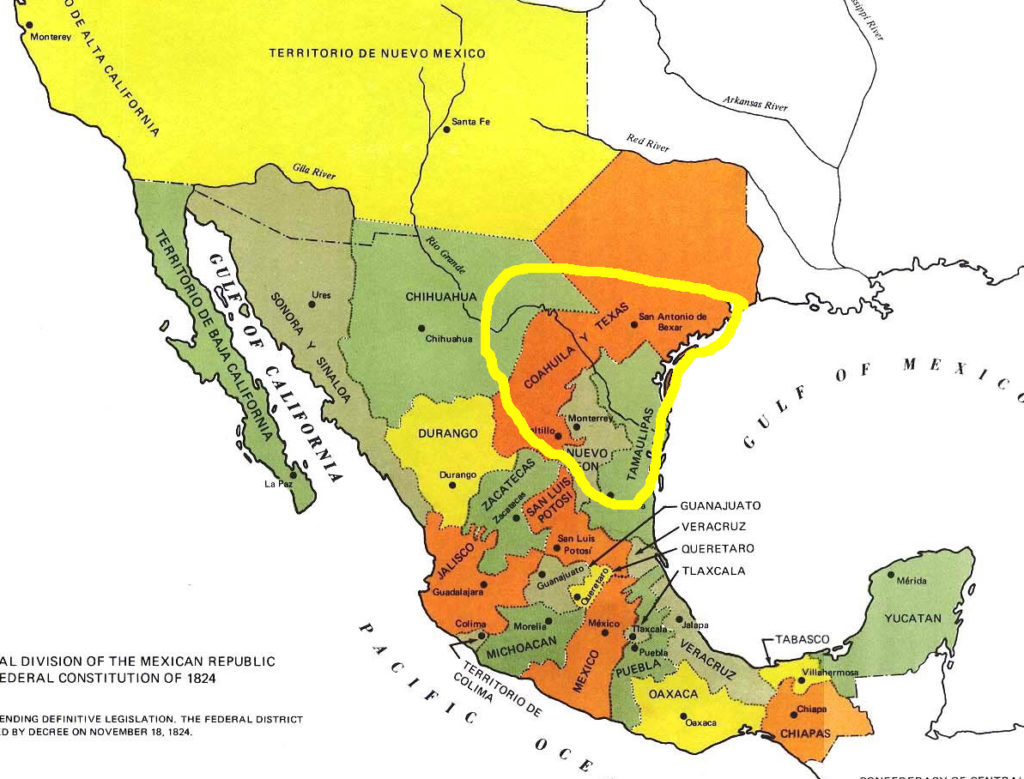
The topic of Encuentro is the foodways of the ancestors of today’s indigenous Texas Mexican American community: the Coahuiltecan, Caddo, Karankawa, Tonkawa, and other native peoples of South Texas and Northeastern Mexico (see map) The ingredients, technologies and techniques invented by native women and two-spirit people of these communities over 15,000 years are the ones used today in Texas Mexican American cooking, and in all Texas kitchens. Understanding these foodways strengthens memory and fosters community cohesion and coherence.
Texas Mexican food is the comida casera, home cooking, of today’s Mexican American families and it has a history of more thatn 15,000 years, originating in places like the Gault archaeological site, north of Austin, which contains archaeological remains of a large community and evidence of its cooking practices. The people who lived there cooked pronghorn antelopes, turkeys, deer, rabbits, ducks, and quail, and the evidence extends to turtle bones, mollusks, and burnt frog bones. From other sites, evidence suggests that they also ate other familiar Texan specialties, such as pecans and black walnuts, along with acorns, grapes, berries, seeds and tubers.
Over the last 9,000 years, the repertoire of these early home cooks expanded from fire roasting and boiling to include baking in earth ovens, steaming, drying, smoking, stewing, and roasting. They utilized mortars to grind mesquite pods and nuts, and prepared dishes with squash, corn, and beans. In many ways, families who lived here in the distant past ate much like Texans eat today. Our identity as Texans is incomplete without understanding this depth of history.
Yet schools teach very little about these civilizations and their foodways, hence the public discourse about Texas history includes very little about them. As a consequence Texans do not have important humanities information that could inform today’s issues and discussions about immigration, ethnic and racial relations. Who are the original inhabitants and who are the immigrants?
In 1837, the Standing Committee on Indian Affairs of the Republic of Texas issued its report to then-President Sam Houston and declared: “The People called Lipan, Karankawa and Tonkawa your Committee considers as part of the Mexican nation and [are] no longer to be considered as a different People.” These Texas native peoples suddenly became Mexicans and the native character of their food erased from the public record.
Food writers of the 1970s began defining the Mexican food of Texas as an Anglo-Texan creation. They started calling it Tex-Mex, describing it as south-of-the-border food transformed by American tastes, with the indigenous roots of the food completely overlooked. This project will help to increase knowledge about the Native American roots of Texas Mexican food, and in doing so raise awareness of the ancient and complex character of Texas communities. –Adán Medrano